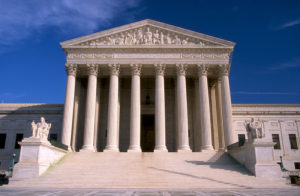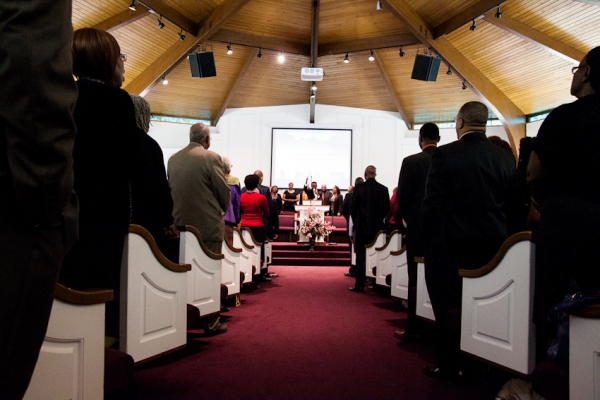 Recently, the Supreme Court issued injunctive relief to houses of worship challenging New York City’s COVID-19 restrictions on in-person gatherings, the first time it has granted such relief during the pandemic. I have mixed views about the decision and early reactions to it.
Recently, the Supreme Court issued injunctive relief to houses of worship challenging New York City’s COVID-19 restrictions on in-person gatherings, the first time it has granted such relief during the pandemic. I have mixed views about the decision and early reactions to it.
First, I don’t think this decision is as momentous as commentators are suggesting. It is fairly fact-specific injunctive relief, and the nature and scope of pandemic orders vary greatly around the country. It’s hard to generalize much from this decision, and I’m concerned that public messaging about it will fuel a broader culture wars narrative from religious leaders like John MacArthur who insist “there is no pandemic” and continue to hold services for 7,000 unmasked people. An injunction against a 25-person cap is not a green light to return to regular worship. Given the current state of the pandemic, it’s not even a yellow light.
The dire rates of transmission we’re seeing all around the country, the Thanksgiving holiday travel, and our growing awareness that indoor, in-person gatherings are a major cause of transmission all increase the likelihood that even more restrictions may be becoming. That’s another reason it’s best to view this order as limited and fact-specific.
That said, I think the Court’s decision is correct and offers some important observations. One of the most important is that these shutdown orders cause irreparable harm because they restrict First Amendment freedoms—and that virtual worship is not a constitutionally sufficient alternative. In other words, worship is absolutely an “essential activity” and to say otherwise is constitutionally incorrect …
News brought to you by Christianity Today




